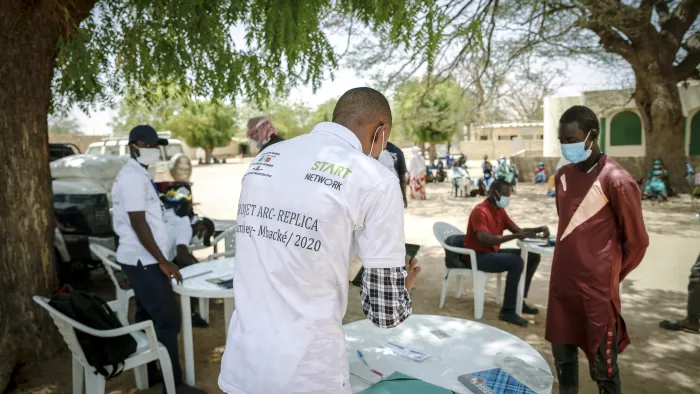Three benefits of due diligence from the perspective of new members
We wanted to understand the value that Start Network membership has brought to new members, including the value of our due…

All organisations admitted as members of Start Network go through a robust due diligence process. We have redesigned this to open up membership to a wider spectrum of organisations.
Due diligence is a set of processes of conducting research on an organisation to provide a level of assurance that they are legitimate and that funds passed on to them will not be used inappropriately or cause harm.
Start Network carries out due diligence on new and existing members to ensure that they have suitable policies, procedures and controls for managing potential risks (such as fraud or safeguarding).
We carry out this process for new members and repeat it every three years.
In line with our commitment to become more locally led, Start Network intends to provide more of its funding directly to local and national organisations. We realised that traditional due diligence processes are not fit for purpose for bringing in a greater diversity of members into the network. To address this, we have developed a new, more inclusive due diligence framework that lets us bring in more local organisations as members while still managing our risk.
This new process evolved through a series of pilots. During our initial pilot in 2019/2020, 14 local and national organisations went through the new tiered framework. Of these, 12 (85%) would have had difficulty meeting the requirements of our previous system and may not have had access to funding.
Instead of the traditional pass-fail model, our framework enables organisations to pass at different tiers. Members gain access to various levels of Start Network funding and services, depending on their tier placement. We also aim to make the framework “passportable”, so it is recognised by other humanitarian organisations.
We assess applicants across nine areas:
They are then placed in one of three tiers, based on the results of the assessment.
Organisations can move between tiers if they implement the recommendations made during the assessment. We provide organisational strengthening grants to help them do this.
Although the results so far have been promising, we continue to iterate and improve our due diligence system. Plans include:
We wanted to understand the value that Start Network membership has brought to new members, including the value of our due…